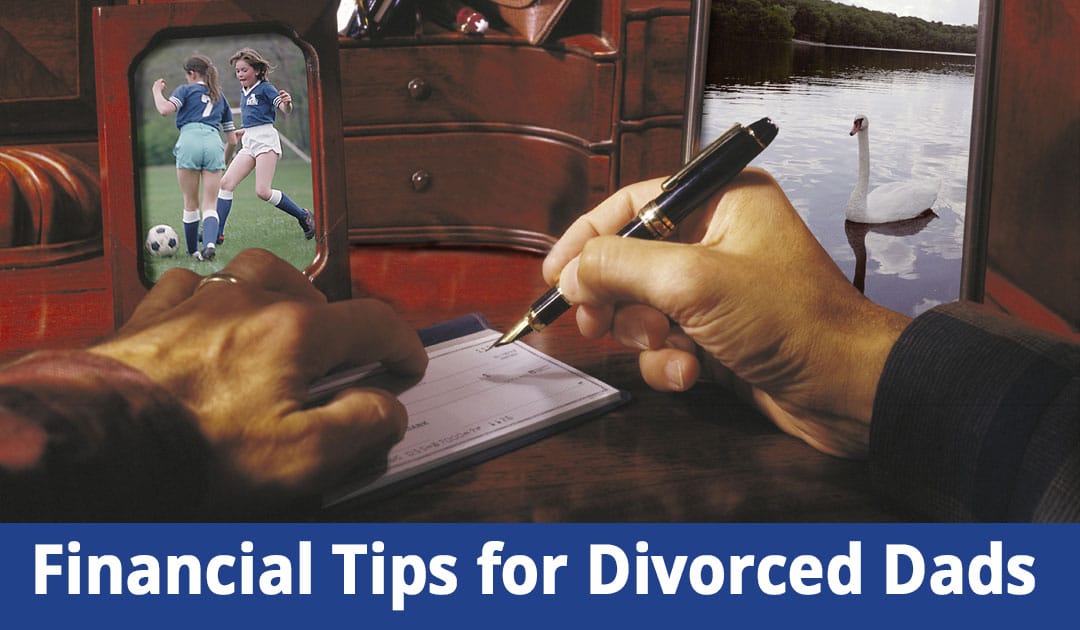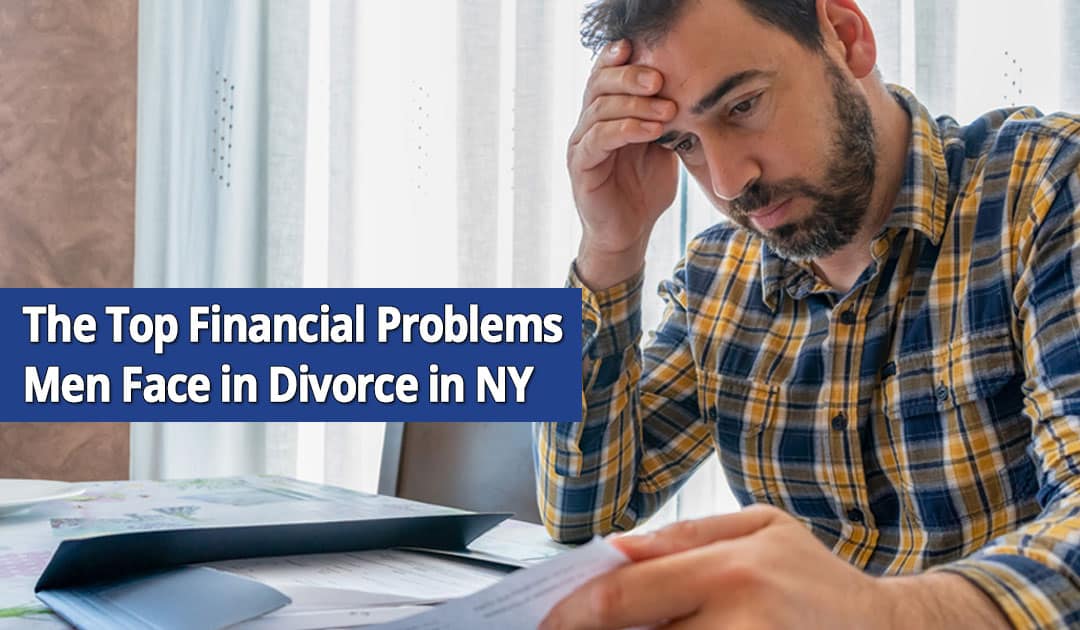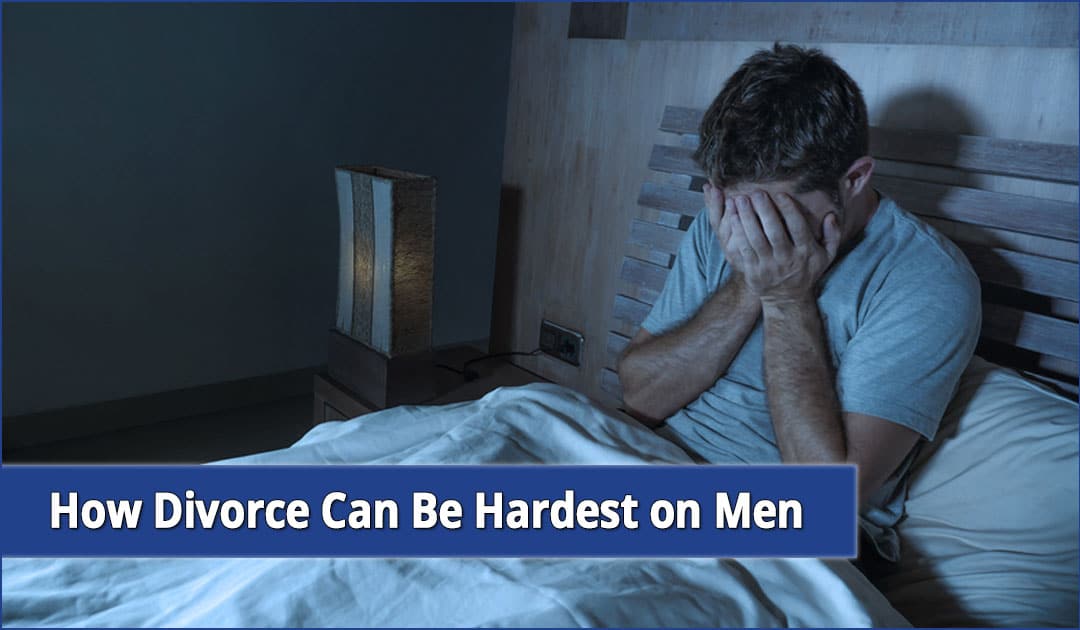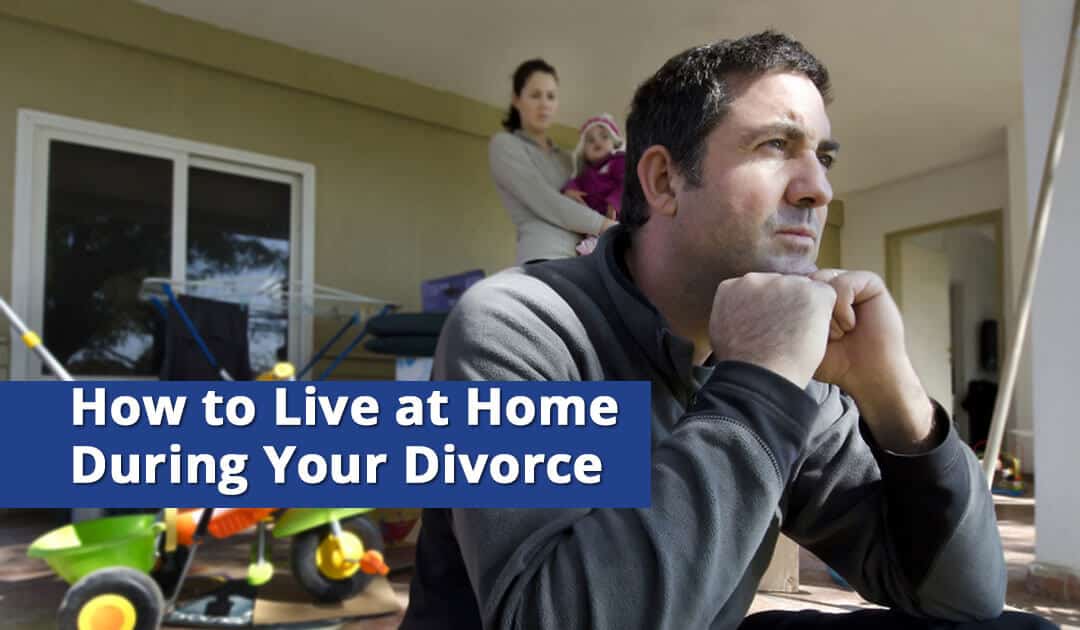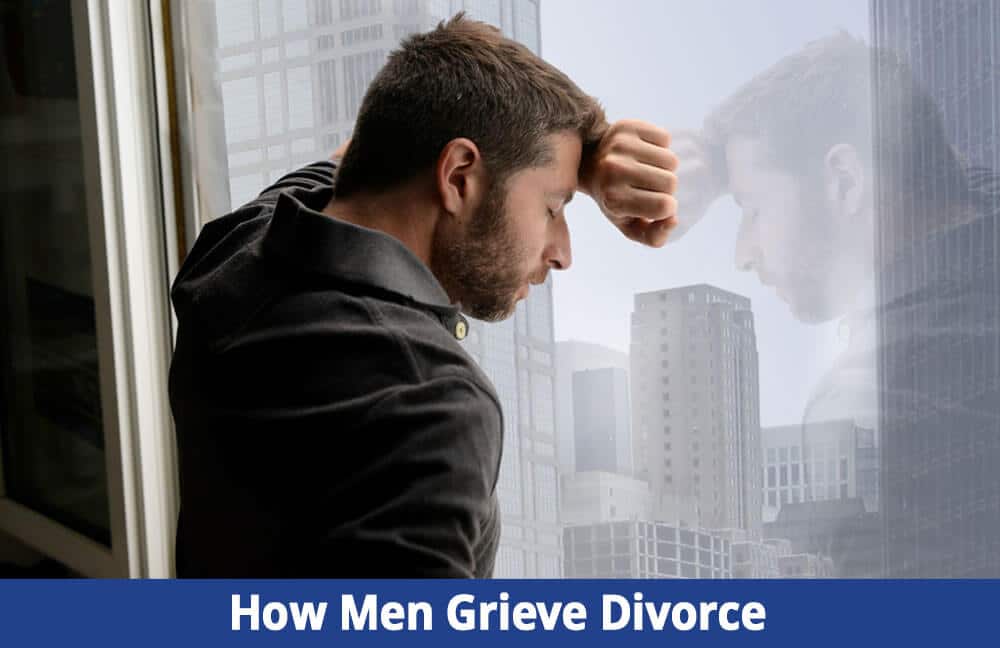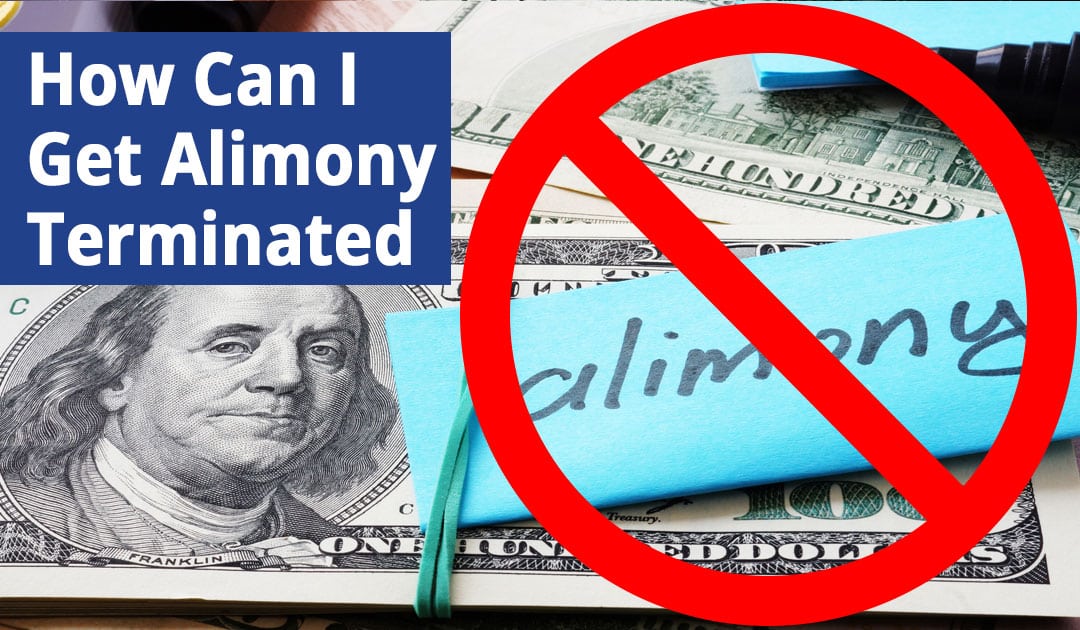
How Can I Get Alimony Terminated on Long Island, NY?
How Can I Get Alimony Terminated on Long Island, NY?
In many Long Island, NY divorces, a higher-earning spouse may be ordered to pay alimony or spousal support to the other. This is almost always temporary support, but the timing and conditions under which spousal support ends varies between cases. Here’s what to know about the process for getting alimony terminated and how the divorce and family law firm of Hornberger Verbitsky, P.C. can help you navigate it confidently.
When Does Alimony End?
Spousal support, AKA alimony, is designed to help the lesser-earning spouse, who may have put their career on hold to help raise the family, get back on their feet after their marriage failed. It’s meant to “bridge the gap” between married life and independent living, not usually to support a nondisabled spouse for the rest of their life.
This is a time for the lesser-earning spouse to go back to school, sharpen their skills, and get a new job. Unfortunately, not all alimony recipients treat these payments as they’re intended. Some recipients will try to extend support or conceal the fact that they no longer qualify to receive it in order to continue to have their ex-spouse support them and their lifestyle.
Your ex–spouse may be excluded from receiving alimony if they:
- Have remarried. If your ex gets married to someone else after your divorce, your alimony agreement can be terminated.
- Are cohabitating with someone. Even if your ex-spouse hasn’t remarried, they cannot receive alimony if they are living with someone in a romantic relationship.
- Have died. If your ex-spouse passes away, you can file to have your spousal support order withdrawn.
- Aren’t actually disabled. If you were ordered to pay ongoing support to a disabled ex-spouse, and can show evidence that they are not disabled, you may be able to have alimony terminated. You may also be able to file a civil suit for damages, including what you previously paid in spousal support.
Filing a Motion to Terminate Spousal Support
Even if you meet the criteria to end your support payments, you can’t stop making them without a court order. This would give your ex-spouse ammunition against you and potentially allow them to have you held in contempt of court for non-payment.
If you believe that your ex is no longer legally entitled to alimony, you’ll need to file a motion to end support. With this filing, you need to include evidence that indicates why your support order should be revoked. A judge will review it and decide if a hearing should be set.
Once your court date arrives, you should be ready to make your case. Then, the judge will decide whether or not to terminate the order. If the judge decides to continue the support order, you will still be legally obligated to make payments. If they decide you are no longer required to make support payments, you can stop making payments once you have the order in hand.
It’s important to file the motion as soon as you learn of circumstances that might allow you to terminate support. For example, if your ex-spouse dies, any payments you make to them after their passing will be assigned to their estate. To get that money back, you would need to go through the probate process, which is long and tedious at best.
What Happens If You Just Don’t Pay Alimony?
As we mentioned above, it’s incredibly risky to stop paying spousal support without notifying the court, even if you believe you have good reason to believe your ex is not entitled to support. A vindictive ex could petition the court for you to be held in contempt, which could cost you a lot of money in fines or even land you in jail for a few days. That’s why it’s crucial to work with a qualified and experienced Long Island family lawyer to file a motion to terminate support before you put away the checkbook.
For more information, please read our article, How to Avoid Paying Alimony or Spousal Support in New York
Hornberger Verbitsky, P.C. Can Help You Get Alimony Terminated
At Hornberger Verbitsky, P.C., we know how frustrating it can be to have an ex-spouse that is committed to taking everything you have after the divorce. We have the skills and experience to provide you with comprehensive family legal support throughout the process. If you were ordered to pay alimony and believe you have circumstances that could qualify to have it terminated, contact us as soon as possible to get the filing process started.
Call now at 631-923-1910 or send a quick message to our legal team using the form on this page and we’ll get back with you as soon as possible to answer your questions. We look forward to hearing from you.
GET YOUR FREE CONSULTATION TODAY
Call 631-923-1910 or fill in the form below

Get your complimentary consultation and case evaluation with our experienced attorneys today.
Your attorney will describe the many options available and determine together which is the right solution for you. By the end of this conversation, we’ll all understand how we can best help you to move forward.
No Cost or Obligation
There is no cost or obligation for this initial consultation. It is simply an opportunity for us to get to know each other, answer your questions and learn if Hornberger Verbitsky, P.C. is right the right law firm for you. Give us a call at 631-923-1910 or fill in the short form below for your free consultation and case evaluation.
All Fields Are Required
About the Author
Robert E. Hornberger, Esq., Founding Partner, Hornberger Verbitsky, P.C.
- Over 20 years practicing matrimonial law
- Over 1,000 cases successfully resolved
- Founder and Partner of Hornberger Verbitsky, P.C.
- Experienced and compassionate Long Island Divorce Attorney, Family Law Attorney, and Divorce Mediator
- Licensed to practice law in the State of New York
- New York State Bar Association member
- Nassau County Bar Association member
- Suffolk County Bar Association member
- “Super Lawyer” Metro Rising Star
- Nominated Best of Long Island Divorce Attorney four consecutive years
- Alternative Dispute Resolution Committee Contributor
- Collaborative Law Association of New York – Former Director
- Martindale Hubbell Distinguished Designation
- America’s Most Honored Professionals – Top 5%
- Lead Counsel Rated – Divorce Law
- American Institute of Family Law Attorneys 10 Best
- International Academy of Collaborative Professionals
- Graduate of Hofstra University School of Law
- Double Bachelor’s degrees in Philosophy, Politics & Law and History from SUNY Binghamton University















